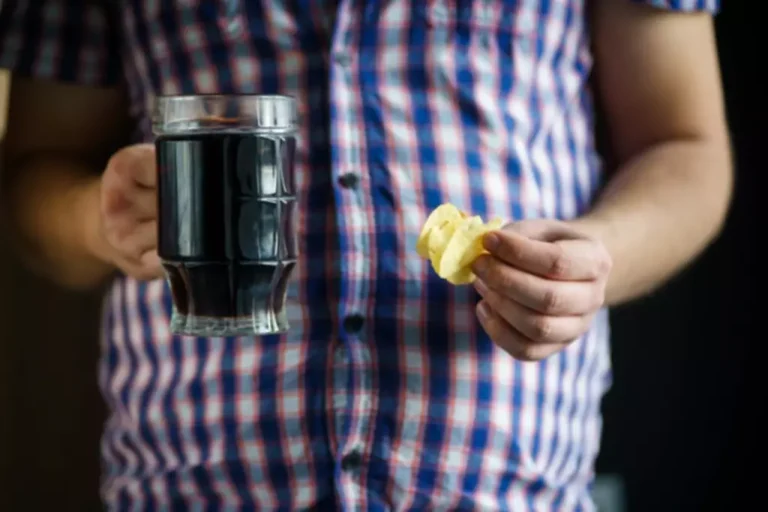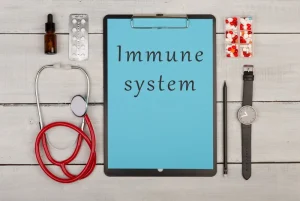She said, “He had decided that he wouldn’t be able to live longer and do creative work anymore if he didn’t quit drinking like this.” Shabana recently had a conversation with Arbaaz Khan on The Invincible Series, where she said that Javed Akhtar’s drinking habit took a huge toll on their relationship. Shabana Azmi recalled Javed Akhtar decided to quit drinking as he thought he wouldn’t be able to live longer and do creative work anymore.
Frequently Asked Questions
It’s important to remember that denial is a common defence mechanism for someone struggling with alcoholism. By recognising denial as a coping mechanism, you can approach the conversation in a non-judgmental manner, creating an environment where they feel safe to open up. It’s essential to remember that denial is a powerful aspect of addiction and can hinder a person’s willingness to seek help. If you or someone you know is exhibiting signs of denial in alcoholism, it may be beneficial to reach out to a healthcare professional or a support group for guidance and assistance in addressing the issue. The SRE records numbers of standard drinks required for up to four effects including a first effect, feeling dizzy or slurring speech, unstable standing, and unplanned falling asleep. SRE-5 scores for the first five times of drinking and is generated by the total drinks in that period needed across effects divided by the number of effects endorsed.
How Does Denial Play Into Addiction?
They tend to prefer drugs because, at the moment of choice, they value drugs more than they value a possible but uncertain future reward (e.g., health, relationships, or opportunities). A support group such as Al-Anon Family Groups may also be a helpful source of support when you have someone in your life with a drinking problem. The group can give you a place to get social support and encouragement from others going through a similar situation. Often, in trying to “help,” well-meaning loved ones will actually do something that enables someone dependent on alcohol to continue along their destructive paths. Make sure that you are not doing anything that bolsters their denial or prevents them from facing the natural consequences of their actions.
Shabana Azmi Says ‘It Was Difficult’ As She Recalls Dealing With Javed Akhtar’s Alcoholism
Yelling at your loved one while they’re drunk or bringing up their drinking in the middle of an argument is not effective. When you address your loved one’s drinking, use compassion and empathy. Avoid criticizing and shaming, alcoholism and denial and focus on highlighting your love and concern. Acknowledge the positives and listen to their response, even if you don’t agree. There are several signs of denial to look out for in your loved ones or in yourself.
For instance, calling in sick on behalf of an intoxicated spouse or continuing to invite someone with alcohol use disorder out to bars can reinforce their denial by minimizing the consequences. Recent studies suggest that the same areas of the brain affected by addiction may be responsible for self-awareness. This means that individuals with alcohol use disorder might struggle to fully comprehend and confront the seriousness of their addiction. People might convince themselves or others that their drinking falls within the “normal” range. It’s because they don’t have up-to-date information on what constitutes excessive alcohol consumption.
Seeking therapy or counselling can provide you with a safe space to express your feelings, gain valuable insights develop coping strategies and improve your mental health. Additionally, joining support groups can connect you with others who have experienced similar challenges, allowing you to share experiences and learn from each other’s successes and setbacks. Remember, helping an alcoholic in denial requires patience, understanding, and empathy. It’s important to approach the situation with love and support rather than judgment or criticism. Denial is defined by Merriam-Webster as “a refusal to admit the truth or reality of something.” In psychology, it’s a defense mechanism to avoid confronting a personal problem. It’s extremely common for people with alcohol use disorder (AUD) to resist the reality of their drinking problem.
- When you’re worried about being judged or confronted about something, honesty can take a back seat.
- Childers said the difficulty in having conversations about Alzheimer’s and dementia with people he knew led him to want to become a volunteer.
- When they are high, their fears of inadequacy and unworthiness fade away.
- People with alcohol use disorder sometimes have reduced capacity for organizing and analyzing available evidence to draw a conclusion.
- Individuals blame outside influences instead of recognizing personal accountability for their actions and choices.
She supports individuals who long for a better relationship with alcohol, helping them learn to drink less without living less. Completing alcohol rehab is a https://ecosoberhouse.com/article/does-alcohol-weaken-our-immune-system/ proven method for overcoming alcoholism. In rehab, people undergo alcohol detox, learn about the dangers of alcoholism and find new ways to avoid drinking.
Talking with someone in alcoholic denial isn’t easy, and the conversation can be delicate and complicated. Find a place that’s quiet and calm to talk, and seek out a time when the person is more likely to be sober. Only about 10% of people with a drug or alcohol use disorder get care for their condition.[4] Researchers call this a treatment gap, and denial could play a part. People with alcoholic denial aren’t trying to harm their friends, families, and communities. They’re simply unable or unwilling to admit that their drinking is harmful.
- They may also claim that they’re truly in control, no matter what it might look like to an outsider.
- Each example seems like proof to someone in denial that their habits are normal.
- They feel the need to justify and protect their actions as a personal choice or right.





